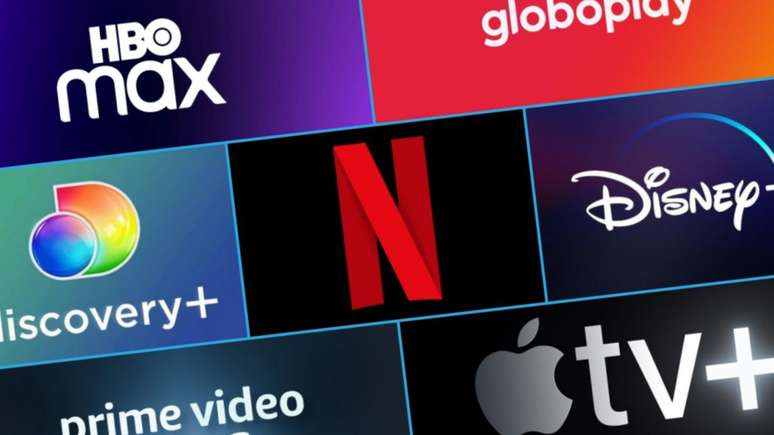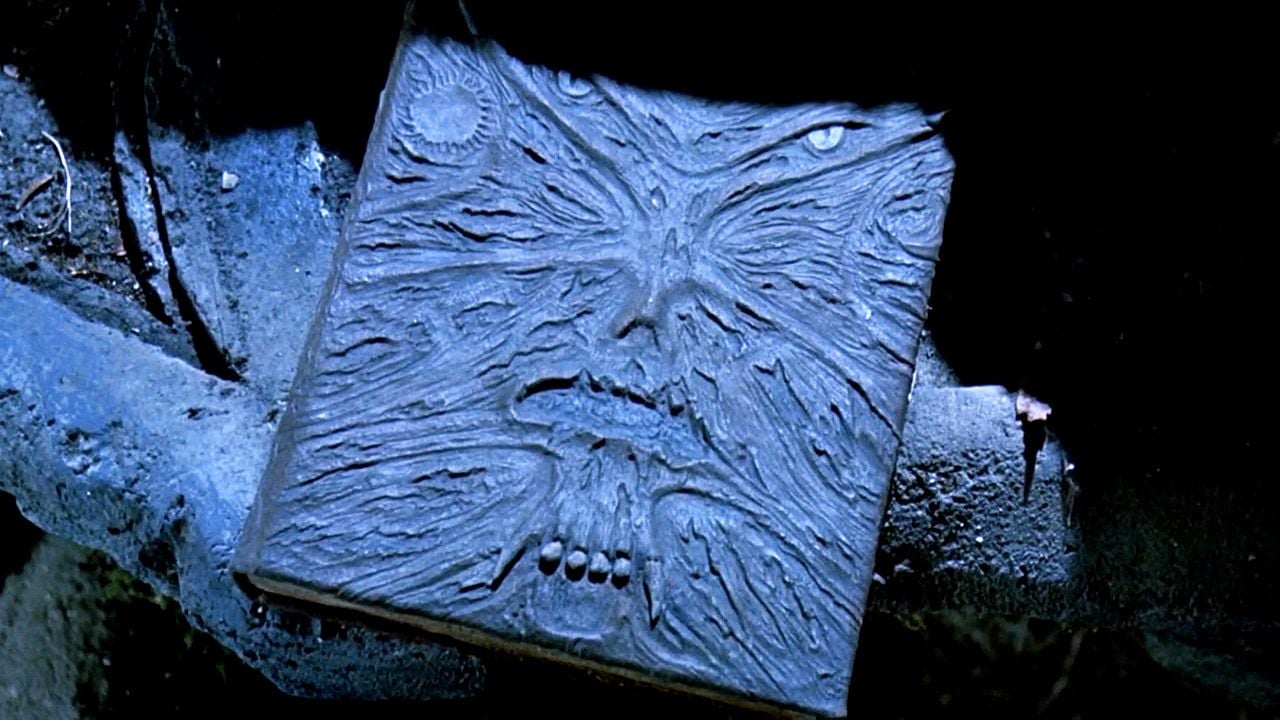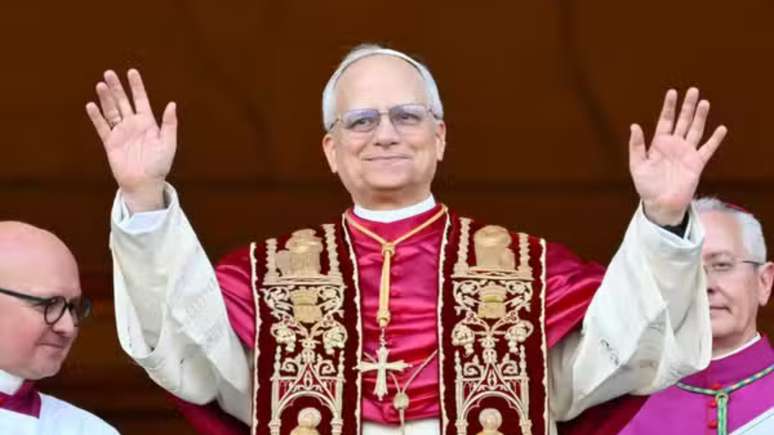The new opinion of the deputy André Figueiredo brings changes to the text of the bill, such as progressive tariffs and definitions of the types of online distribution
Federal deputy André Figueiredo (PDT-CE) expressed a new opinion on the text of the bill on the legislation, regulation and taxation of video distribution on the Internet, the so-called regulation of streaming. With significant changes to the project, the text brings changes in the treatment of the methods of distribution of online videos and establishes, among other things, a tax on platforms, with progressive rates of the Contribution for the development of the film industry (Condecine).
- Bill wants to introduce a new tax on streaming services in Brazil
- Internet Civil Rights Framework 10 Years | The story and what can be improved
The new text updates the bill no. 8,889, in 2017written by MP Paulo Teixeira (PT-SP), making some changes that deal differently with the distribution of videos on the Internet in Brazilian territory.
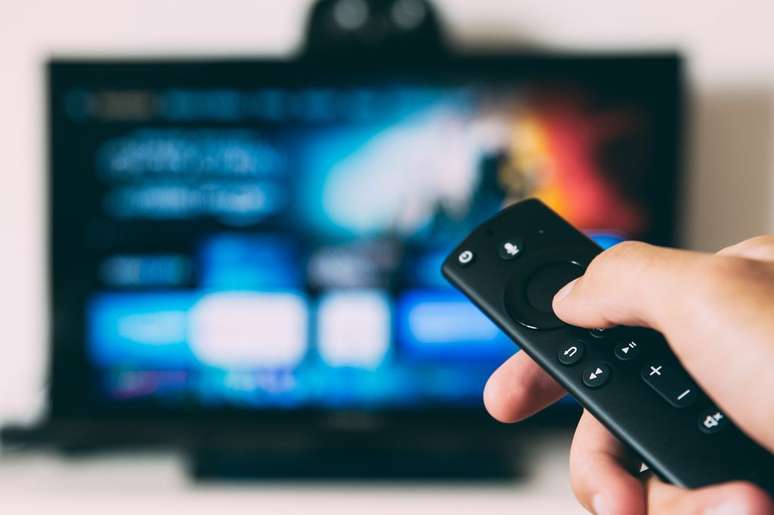
This new classification separates the market into different categories. Are they:
- Video on demand services, which would be platforms with on demand catalogs, such as iTunes and Google Play;
- Internet Application Television, with linear channels distributed in an OTT (over-the-top) model, e.g NetflixPrime Video, Max and Disney+;
- Sharing of audiovisual content, which would be user-generated content, as in the case Youtube.
Taxation for streaming platforms and YouTube
All these methods would contribute to the Condecine-VoD, a variation of the tax applied to all audiovisual production in the country. Cinemas, home videos and television broadcasters are currently also required to pay the contribution. Streaming services are excluded precisely because they were created after the law and the category was not present in the original text, which the new bill seeks to reverse.
According to the report presented by MP André Figureiredo, all Internet video distribution companies will pay Condecine a tax of up to 6% on gross revenues, including those from advertising. However, there is the possibility of having a discount based on the volume of national content made available by the platform.
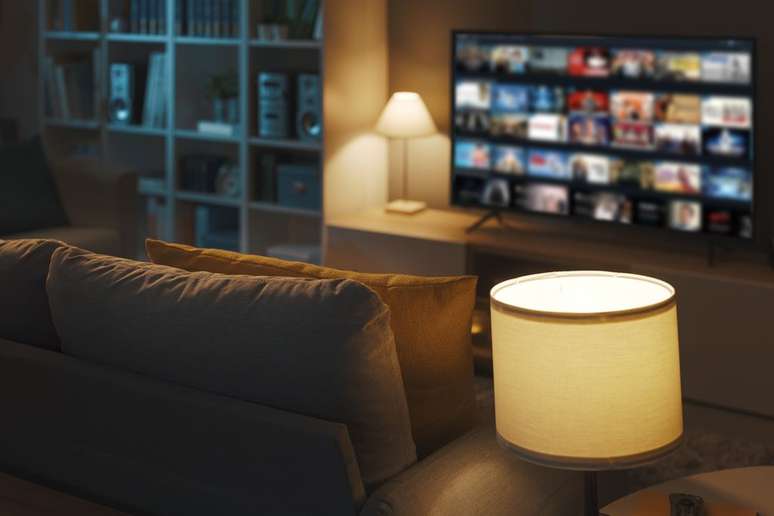
Something interesting is the exemption from this taxation for streaming linked to television and radio companies, licensees that already pay this taxation. In theory, all linear services provided by open or subscription TV channels, such as Globoplay and ClaroTV+, would be exempt from this tax.
The proposal also presents the definition of Full Video on Demand Provider, i.e. those that would offer a catalog composed of at least 50% national content. In these cases, the contribution to Condecine-VoD would be reduced by 50%, being able to benefit from a total deduction in case of application of the equivalent value in the production and negotiation of commercial exploitation and licensing rights for Brazilian content.
For Internet Application Television providers and audiovisual content sharing platforms (i.e. streaming services such as Netflix and Max, as well as YouTube), it will be possible to deduct half the value of Condecine-VoD in case the amount is applied to the production and contractualization of commercial and licensing rights for Brazilian productions.
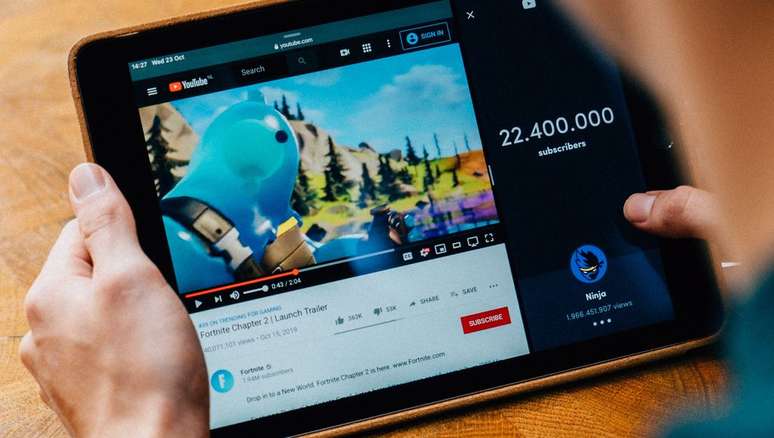
In the case of sharing platforms, such as YouTube, the compensation paid to creators can serve to reduce the contribution to Condecine, thus preventing the service from passing the costs of paying the contribution to digital influencers.
The application of Condecine also provides some guidelines in the bill, providing that at least 30% of the resources be allocated to producers established in the North, North-East and Central-West regions of the country, to promote production outside of the South-South-East axis, and in education and training and work, operation and maintenance projects in these regions.
Another 10% should be allocated to the production of content created by dedicated producers and with teams belonging to incentivized groups.
Shares of national productions
The bill establishes that a minimum percentage of hours of the catalog available on VoD platforms will be occupied by Brazilian content, of which half will be made up of independent content. The share starts from 2%, with an annual increase of 2% until reaching 10% of the catalogue.
Furthermore, it institutes the highlighting of national content, ensuring that video on demand platforms have resources that ensure that Brazilian works have prominent visibility in the catalogue. The idea, essentially, is to prevent these productions from remaining hidden among the various foreign offers.

The text exempts from these standards the services provided by small providers, public administration bodies and bodies, Catch-Up TV services – a way in which the user can watch content already broadcast at any time, in a non-linear way -, and broadcast events live over the Internet.
Internet Application Television services, like most streaming services, and audiovisual content sharing services, like YouTube, will have standards established by Ancine, who will be responsible for specific disciplines for them.
What do streaming services say on the bill?
OR Canaltech contacted consultants from Netflix, Max, Disney, responsible for Disney+ and Star+, and Prime Video to find out the companies’ opinion on Condecine’s 6% taxation and national content quotas.
At the time of publication, the companies had no comment on the matter, but we will update the article if we receive a response.
Bill still has to go through multiple stages
It is worth mentioning that the streaming regulation bill is still in its early stages and is expected to go to vote, with no set date and could undergo changes until its eventual approval and sanction. The original text of nº 8.889 is by deputy Paulo Teixeira (PT-SP), with federal deputy André Figueiredo (PDT-CE) as rapporteur of the project.
Trends on Canaltech:
- 4 ChatGPT features that were paid and are now free
- Google I/O 2024 | 10 AI news announced by Google
- The 50 funniest Google Assistant jokes
- The 20 best horror films of the new generation
- What are the dangers of a solar storm?
- Biggest solar storm since 2005 shuts down equipment in US
Source: Terra
Rose James is a Gossipify movie and series reviewer known for her in-depth analysis and unique perspective on the latest releases. With a background in film studies, she provides engaging and informative reviews, and keeps readers up to date with industry trends and emerging talents.

